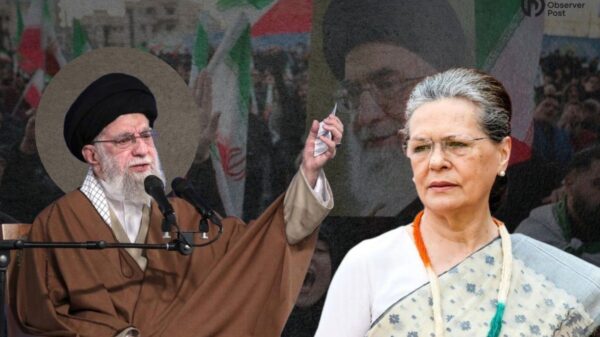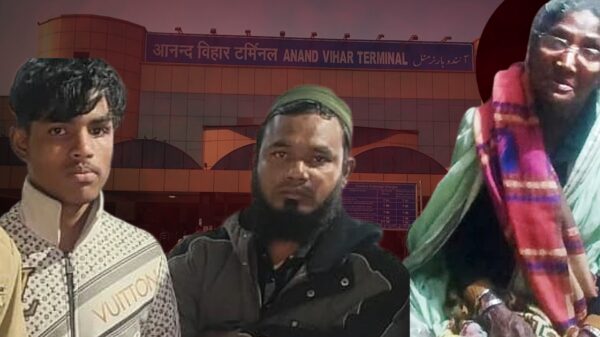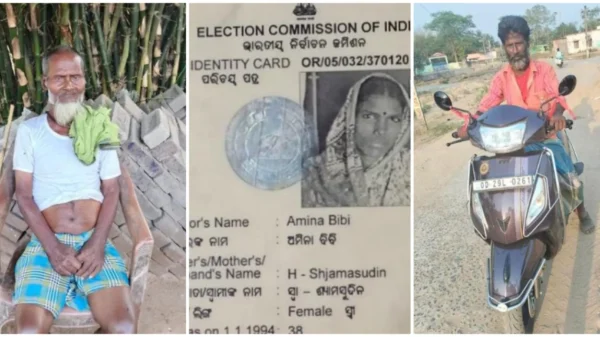Bangladesh’s new interim government, led by Nobel laureate Muhammad Yunus, has pledged to address the recent surge in attacks on Hindus and other religious minorities that followed the sudden departure of former Prime Minister Sheikh Hasina.
The interim cabinet, which took office on Thursday, expressed serious concern over the violence targeting Hindu households, temples, and businesses. The statement from the “council of advisors” mentioned, “The attacks on religious minorities in some places have been noted with grave concern,” and promised to engage with representative bodies and other concerned groups to address these issues.
The violence erupted after Sheikh Hasina’s abrupt resignation and flight abroad on Monday, ending her 15-year autocratic rule. The unrest that followed Hasina’s departure resulted in over 450 deaths and widespread protests across the country.
The interim government has set several urgent priorities, including providing support to families of protesters killed during the unrest and covering medical expenses for those injured. They also plan to reopen Dhaka’s metro system by the end of the week and appoint a new central bank governor to replace a Hasina loyalist.
In addition, the government has already seen significant changes in its institutions. A new chief justice, Syed Refaat Ahmed, was sworn in following the resignation of his predecessor, Obaidul Hassan, who faced criticism for his role in the previous regime’s war crimes tribunal.
Hasina, 76, fled to neighboring India as protesters took to the streets of Dhaka, marking a dramatic end to her long tenure. Her administration was widely criticized for human rights abuses, including the extrajudicial killing of political opponents.
Yunus, 84, who returned from Europe to lead the interim administration, has promised to restore law and order as the “first priority” and aims to hold elections within a few months. His leadership is seen as crucial in steering Bangladesh through this period of transition and implementing necessary democratic reforms.


































































